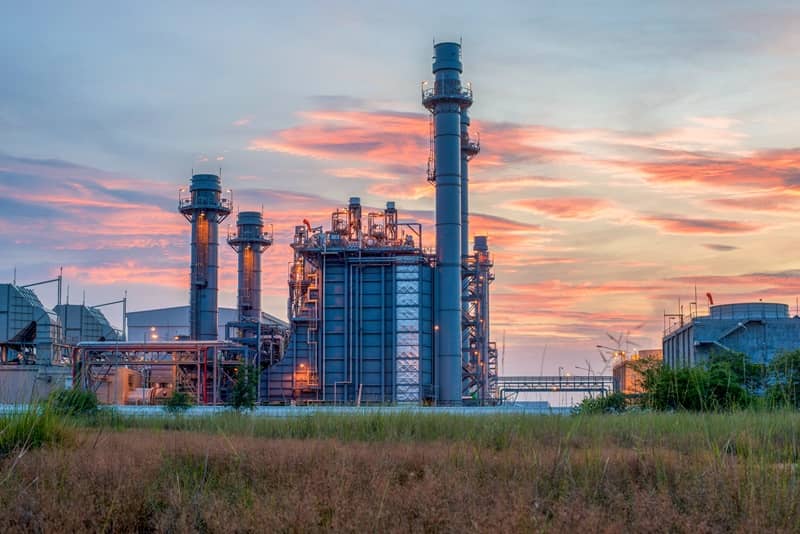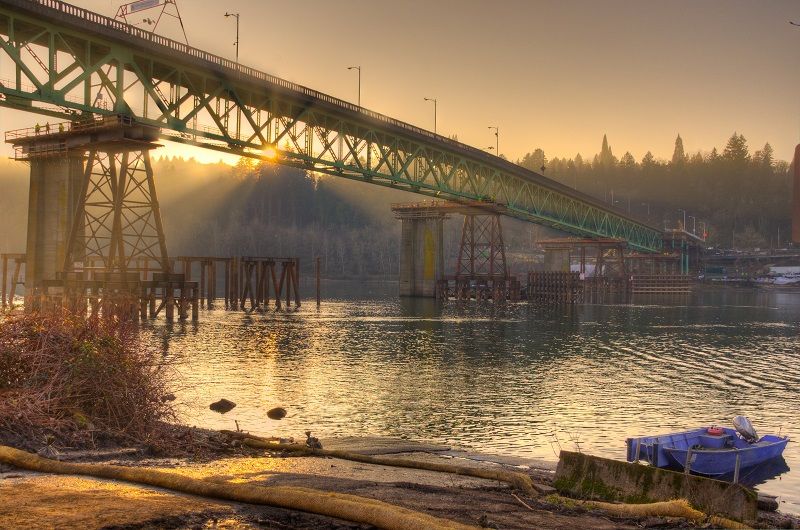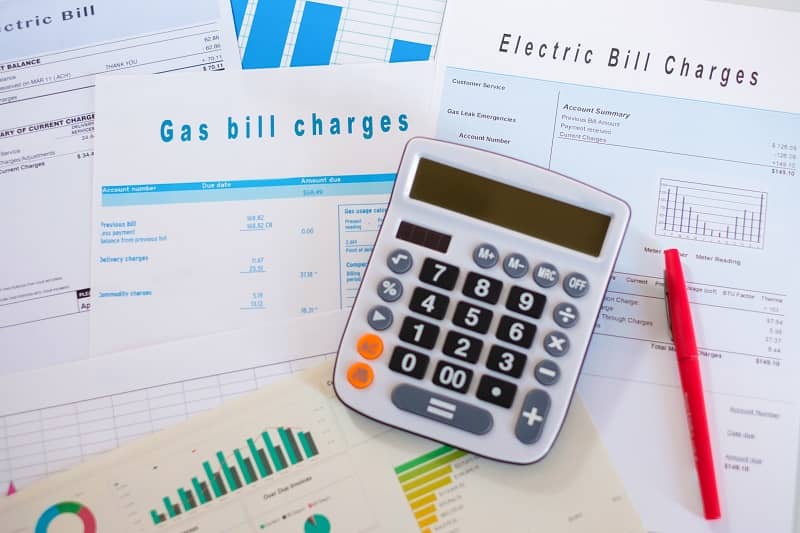By Sam Herrin
July 2024
In 1975, the state of Oregon issued permits for Portland General Electric (PGE) to build a coal-fired power plant in Boardman, Oregon. With a 550-megawatt (MW) capacity, Boardman constituted a significant source of electricity—enough to power 90,000 homes. In 2009, it produced 15% of PGE’s total electricity supply.
In the 1980’s, global warming became a top-tier issue, and carbon dioxide replaced carbon monoxide as the focus of regulation and international activism. In this context, because PGE’s Boardman coal plant was the largest single source of CO2 in the state, it became an inviting target for environmental activists. An initiative by the EPA to reduce precursors to regional haze offered an opportunity for activists to press their case for the shutdown of Boardman. Due to the increasing burden of environmental regulations, in April 2010, PGE officially requested to close Boardman by the year 2020.
The future of electricity generation in Oregon is unsettling. The 2010 decision to shut down Boardman showcases this. What was originally a sensible, low-cost decision to burn coal for necessary baseload generation became a political battle that would produce a purely symbolic victory for environmental groups (including CUB): a reduction in carbon dioxide emissions that will never have a material effect on the global climate.
PGE has yet to find a long-term replacement for Boardman. Recent hydro contracts run out in the mid-2020s, merely pushing off the decision. Coupled with the mandates in House Bill 2021, Oregon’s energy deficit is predicted to be larger than the capacity that came from Boardman.
Maintaining reliability while decreasing emissions is possible, but not at this level. Overbuilding renewables will cause rates to rise, and the deficits will not disappear, causing even greater price increases. By the time the crisis is felt at the consumer level, the activists, politicians, and utility executives who agreed to phase out fossil fuels will have moved on, no longer accountable for the disaster.












Chris Draus
Please use the word “Hydrocarbons”, instead of “Fossil Fuels”.
jimw pdx
es, it is pointless to close a functioning coal plant producing electricity when Not just Oregon’s, but the world’s output of CO2 is not going to make a measurable difference in the global climate.
CO2 mitigation is unnecessary at this time.
Resources should instead be devoted to adaptation to climate change and mitigation of its effects.
CO2 at this time, at these levels, has much more benefit than risk. First, because of the logarithmic decline in its GHG effect, with 50% of that in the first 20ppm. First discovered by Arrhenius, and the math is now correct (See MODTRAN, U of Chicago). So the next doubling to 800ppm will increase its GHG effect by less than 3%, in theory, with no chance of overpowering the other 8 major forcings. CO2 is not in control of temperature at this time.
And then, humans contribute less than 5% to the annual CO2 inflow, so we are not in control of CO2 in the atmosphere.
And then, while we struggle to maintain our fragile electrical grid overburdened with EVs and electric appliances and tools replacing the current ones, India and China go their way mouthing promises and estimates and building coal plants. Not to mention the REAL pollution of lithium mining, processing, distribution, and disposal.
And of course the benefit of CO2 to agriculture increases arithmetically up to at least 1800ppm.
The triumph of sentiment over good sense?
CO2 at these levels is not in control of climate
We are not in control of CO2
jimw pdx
Correrction – the human output of CO2, not the WORLD’s. Around 96% of the world’s ouput is not of human origin.